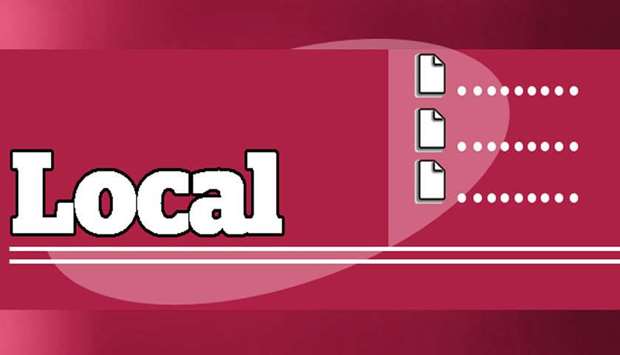The Arabic and Near Eastern Languages Department and the Department of Education at the American University of Beirut (AUB), in partnership with Qatar Foundation (QF) and Qatar Foundation International (QFI), recently held a forum titled, ‘Arabic Language and Communication Skills in the 21st Century: Perspectives and Approaches’.
The two-day forum opened with a session led by AUB professor Mahmoud al-Batal, followed by Dr Anies al-Hroub, chairperson of the AUB Department of Education, and Maggie Mitchell Salem, executive director of QFI.
Participants included a number of lecturers who teach Arabic as a first and second language at university, primary, and secondary school levels in a number of Arab and non-Arab countries.
The forum aimed to review and discuss a number of theoretical and practical matters related to teaching communication skills in the curricula of Arabic language taught as a first and second language, and how to establish communication skills as a basis for shaping the curriculum.
Dr al-Hroub said, “The Arabic language suffers from issues that can be briefly summed up as the condescending view of its students, and social problems in which the speakers of foreign and Arab languages are divided into job market-related social and economic classes, and scholastic-pedagogy.
“There is discriminatory separation between foreign languages and the Arabic language. Foreign languages help pupils to complete studies in science, medicine, and engineering, among others, and reach broader horizons, while the Arabic language is limited to poetry, religious studies, and mythology,” he added.
Salem said, “What really resonated in the discussion was a focus on the purpose of language: why are students learning it, and what will they do with it? This was the first of what will be an ongoing conversation. Partnering with AUB and QF ensures we engage Arabic teachers in the Middle East and beyond. We share a vision to improve how the Arabic language is taught, to accumulate and share knowledge, and to develop Arabic language skills in the future.”
Discussions during the conference focused on a number of key questions, including ‘What is meant by communication in the context of teaching Arabic and its components and forms?’, ‘What is the relationship of communication to the needs of learners?’, and ‘What is its place within the perceptions of teachers, curriculum designers, and parents?’, among others.
Dr al-Batal said,“The forum focused on developing communication skills in Arabic language curricula in the 21st century. It also provided an opportunity to meet within an academic gathering of 60 professors from nine countries working in the teaching of Arabic. ”
Hamad Award for Translation builds bridges
The Sheikh Hamad Award for Translation and International Understanding confirmed yesterday that it is currently seeking to bring about cultural exchanges and build bridges of intercultural communication with various translation institutions across the world. Media Adviser of the Award Dr Hanan Fayyad told Qatar News Agency (QNA) that the award seeks to strengthen relations with friendly countries and to promote important values and stress on the importance of communicating with the world through translation as an important bridge. She noted that the award committee began tours last week, starting with Kuwait, to introduce the award. It seeks to build bridges of communication through translation and organisation of cultural seminars. She noted that the award committee will visit Oman, Morocco and Tunisia. It will also have tours in Germany and Russia, where the cultural year between Qatar and Russia will be celebrated. The award’s board announced details of the latest edition in March. For the 2018 edition, German was selected as the second language, thus reflecting the centrality of cultural relations between the Arab countries and Germany as well as the leading role played by the translation between the two languages to develop these ties.

local
